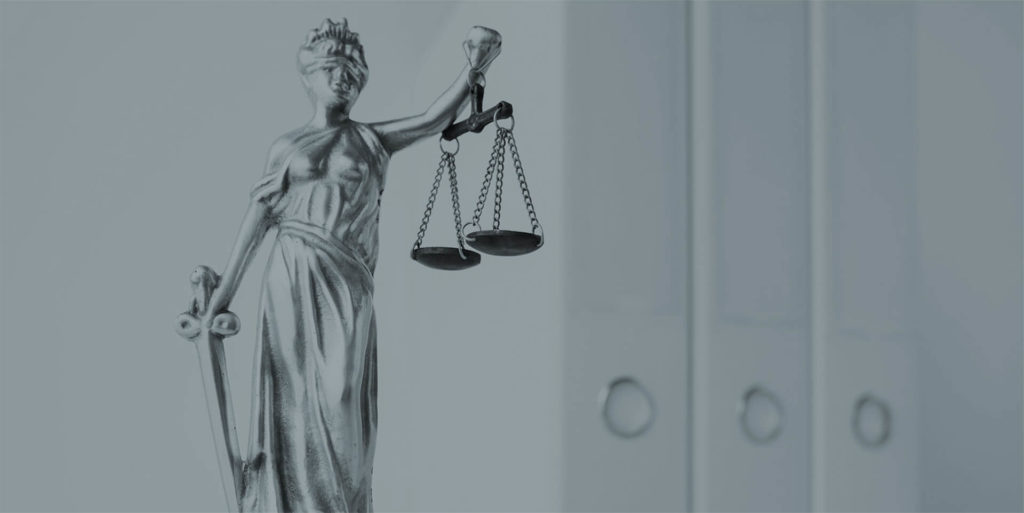Send your enquiry.
Contact us for a free, initial no obligation consultation.
"*" indicates required fields
Your information is safe and treated in accordance with our Privacy Policy
Legal aid is a government-funded scheme that helps people meet the cost of legal advice, family mediation and legal representation. You can get legal aid if you receive benefits, are on a low income or you are under the age of 16. If you are eligible, your solicitor is paid directly by the Legal Aid Agency. Depending on the circumstances, you may have to cover some of the costs.
Legal aid solicitors
Are you looking for a legal aid solicitors to help with your criminal case? Contact us now at Ashmans Solicitors. We are members of the legal aid scheme and can assess your eligibility. Our criminal defence lawyers represent clients across England and Wales. We are available to take your call 24 hours a day, 7 days a week.
What is legal aid?
Legal aid is when the government helps you pay for legal representation. Legal aid is available for both civil and criminal cases, although only certain people are eligible. This article is focused on criminal legal aid only.
How does legal aid work?
If you have been accused of a criminal offence, you should instruct a criminal defence solicitor to represent you. If you want help covering the cost, you need to choose a law firm which is a member of the legal aid scheme (such as us here at Ashmans Solicitors).
We always investigate whether our clients could be eligible to legal aid. To help us make this calculation, we will ask you to provide:
- Your national insurance number
- Your pay-slips
- Details of your income and savings
- The value of property you own
- Information about members of your household, including your partner and children
If we think you are eligible, we will send the forms to the Legal Aid Agency on your behalf. The Legal Aid Agency assesses your application and decides how much financial help you are entitled to. If the Legal Aid Agency says you can get legal aid, they will pay us directly.
The application can take up for four weeks. You might not be able to wait this long, especially if your court hearing has been listed and is fast approaching. If so, we can get an emergency legal aid certificate. We can then send the Legal Aid Agency the forms retrospectively.
If legal aid is granted, you will get a legal aid certificate. This stipulates the work your solicitor is authorised to deal with under the legal aid scheme. If the certificate places limits on your legal costs, we may have to make future applications to increase your entitlement.
Who qualifies for legal aid?
Legal aid is not available for all legal matters, but it is available for criminal cases.
Everyone is entitled to free police station representation under the legal aid scheme. It does not matter how old you are or how much you earn – you are entitled to a solicitor for free while being questioned by the police.
If your case progresses beyond police questioning, then only certain people qualify for criminal legal aid.
To be eligible for criminal legal aid, you must pass a two-stage test:
- That your case meets the Interests of Justice (IoJ test); and
- That you do not have the means to pay for legal representation (means test)
Let’s look at each test in turn.
Interest of Justice test
The Legal Aid Agency wants to see that it is in the interests of justice to give you legal aid. You are more likely to meet this test if the consequences of your criminal charge could be serious.
You automatically pass the IoJ test if:
- You are under the age of 16
- You are under the age of 18 and are in full-time education
- Your case is going to the Crown Court
- You are having a retrial
You may also meet the IoJ test if:
- You face the chance of imprisonment
- You will lose your livelihood if convicted
- You will suffer serious damage to your reputation
- A substantial question of law is involved
- You cannot understand the court proceedings or present your own case
- Witnesses need to be traced or interviewed on your behalf
- The proceedings may involve expert cross-examination of a prosecution witness
- It is in the interests of another person that you are represented
Means test
The Legal Aid Agency also wants to check that you cannot afford the cost of legal representation yourself.
You automatically pass the means test if:
- You are under the age of 18; or
- You receive any of the following benefits: Income Support; income-based Jobseeker’s Allowance; Universal Credit; State Pension Guarantee Credit; income-based Employment and Support Allowance
Everyone else must go through a means test. If you pass both the IoJ test and the means test, then you will qualify for legal aid.
How much do you need to earn to qualify for legal aid?
The amount of funding you get depends on the results of your means test. If you earn above a certain amount, you will have to make a contribution.
The rules regarding legal aid eligibility are complex. They are also subject to change.
The first step is to go through an initial means test. This is when your ‘adjusted income’ is calculated. This is based on your income (and your partner’s income if applicable). You must include all types of income, such as benefits, student loans, interest and rent. The calculation is also affected by how many children you have, and how old they are.
At the moment, if the initial means test shows you have an adjusted income of £12,475 or less, then you are entitled to the full scope of legal aid funding. This means you can get funding for hearings at the Magistrates’ Court, the Crown Court, and appeals to the Crown Court.
If you have an adjusted income of more than £12,475, then you must undergo a full means test. This is when your ‘disposable’ income’ in calculated. This is based on your gross annual income, minus your living costs. This includes your household and childcare costs.
At the moment, if your annual disposable income is £3,398 or less, you are entitled to the full scope of legal aid. Those with an annual disposable income of between £3,399 and £37,500 are entitled to legal aid with a monthly income contribution.
For Crown Court trails, applicants with a household disposable income of £37,500 or more do not qualify for legal aid.
These figures may change in the future. That is why you must always get legal advice about whether or not you qualify for legal aid. Our legal aid solicitors can assess your eligibility.
How to get legal aid
You get legal aid by making an application to the Legal Aid Agency. You must show that you qualify. As outlined above, this is a two-stage test. Firstly, you must show that it is in the interests of justice that you get legal aid. Secondly, you must show that you have a low (or no) income.
In practice, you need to find a criminal defence solicitor who does legal aid work (such as the solicitors here at Ashmans). Your solicitor will then send the application to the Legal Aid Agency for you. You may be asked to complete some forms as part of this application.
Do I qualify for legal aid?
You definitely qualify for legal aid if you are being questioned by the police, you are under the age of 16, or you are under the age of 18 and are in full-time education. It is also likely that you qualify for legal aid if you face serious charges and/or you are on a very low income.
Trying to calculate whether you qualify for legal aid in England or Wales is complicated. The easiest thing to do is to contact our criminal defence solicitors. We can assess your eligibility for legal aid. If you do qualify, we can make the application to the Legal Aid Agency on your behalf. Once approved, the Legal Aid Agency will pay our fees directly.
Contact our legal aid solicitors
We offer free police station representation. Remember that everyone is entitled to free police station representation. This is a right you should always exercise. We are also members of the Legal Aid scheme.
Contact us now for a free, confidential discussion with our criminal defence lawyers.
Call us on 0333 009 6275. We are available to take your call 24 hours a day, 7 days a week.
You can also email us on enquiries@ashmanssolicitors.com or complete our Free Online Enquiry Form and we’ll be in touch soon.




